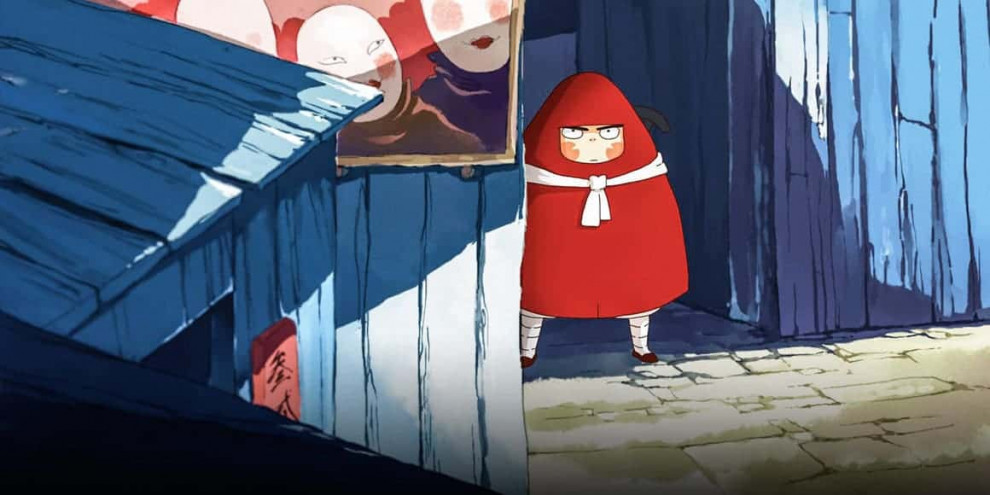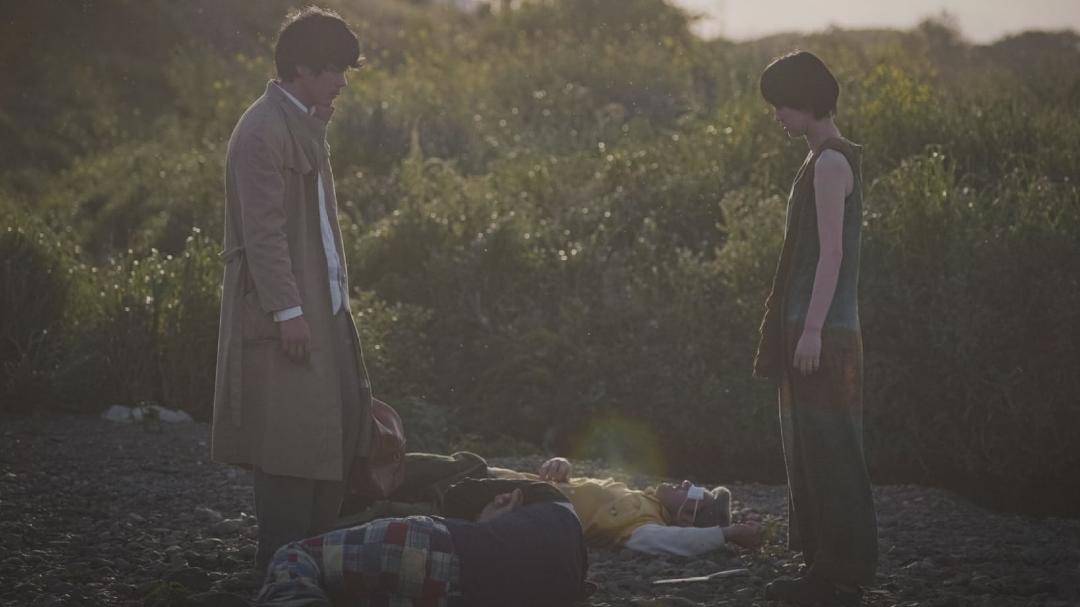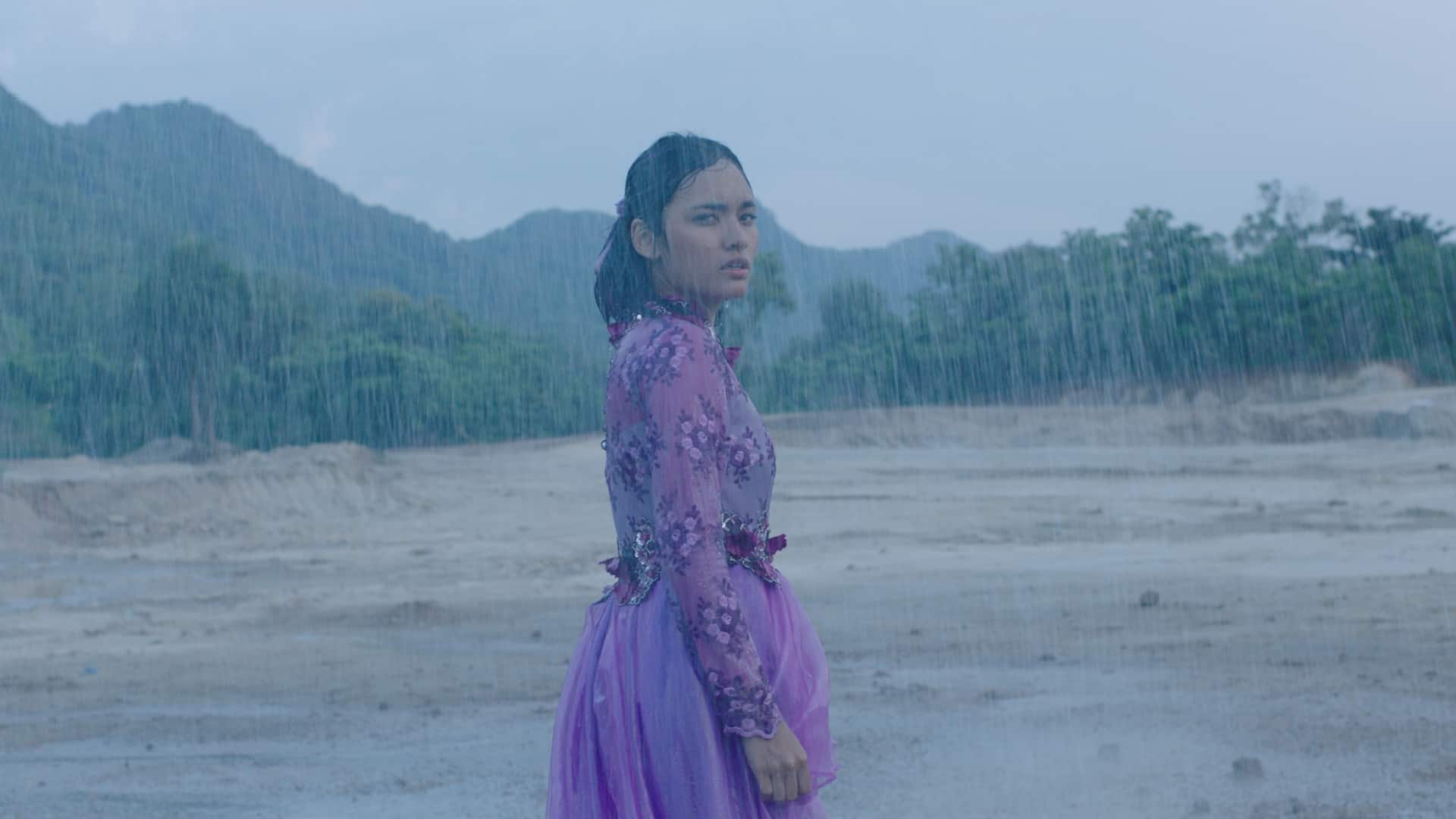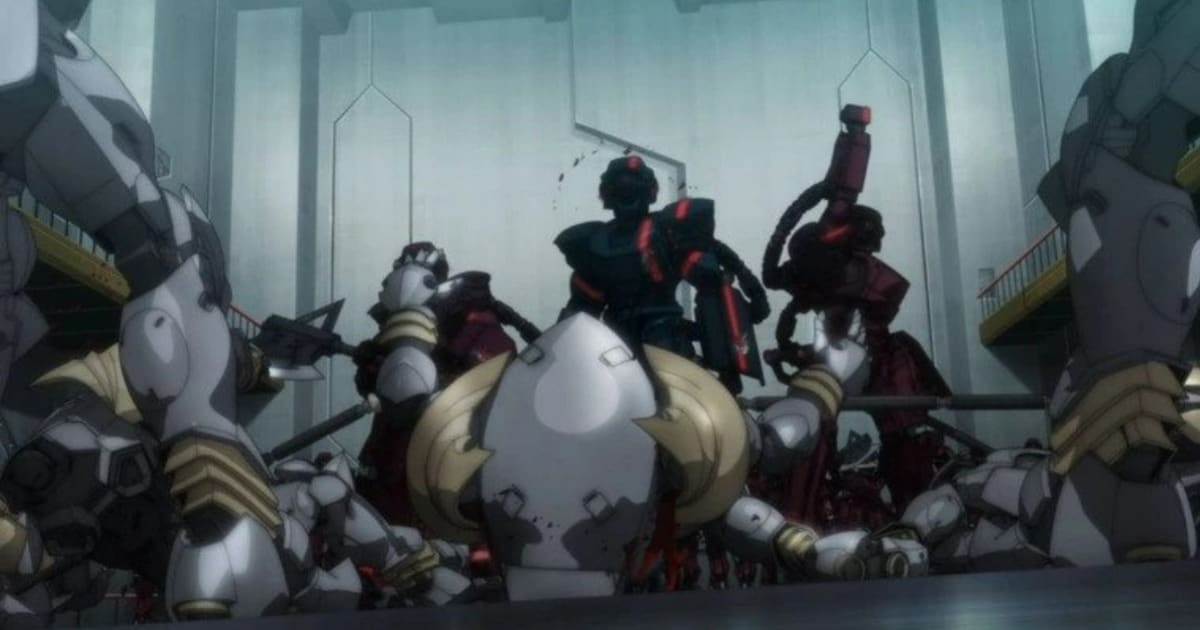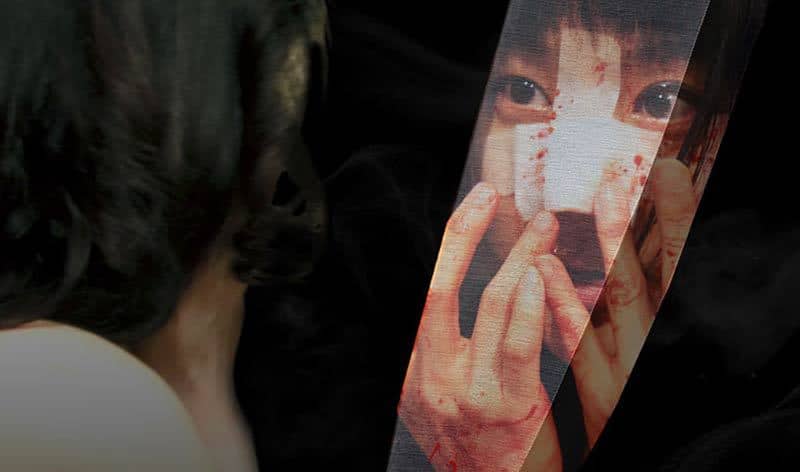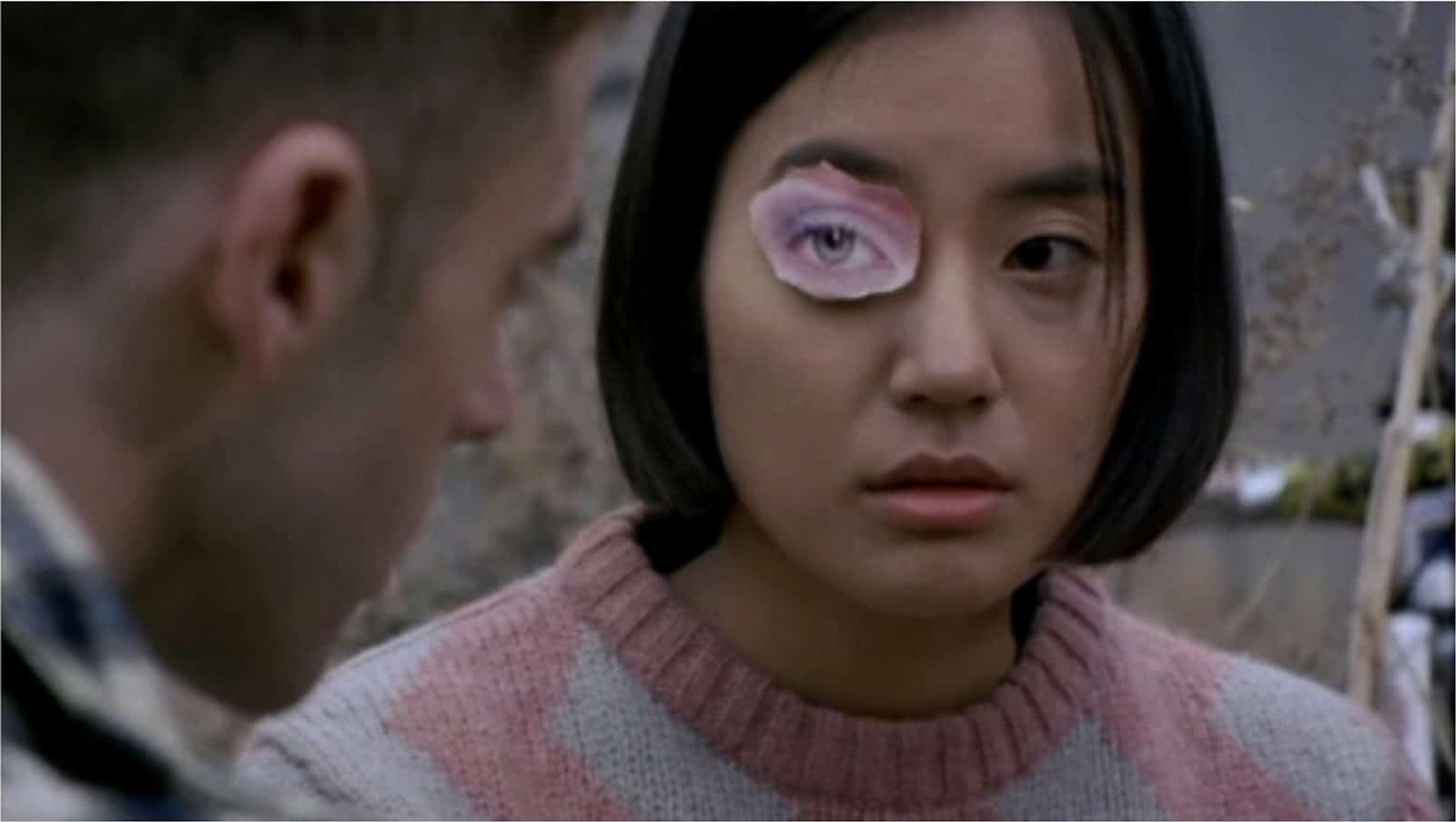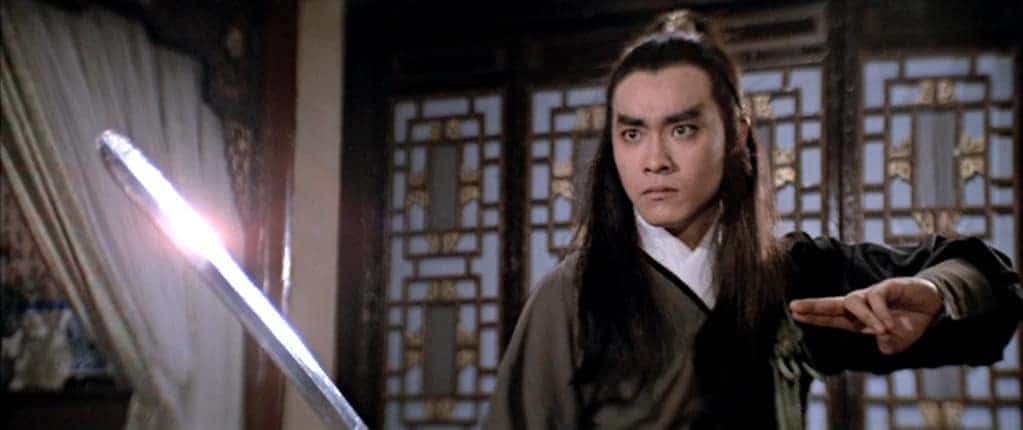“Why is the sun this red and still so cold?”
Although China has opened up to the world as globalization and digitization paved the way for the global village as well as a global economy, the country still remains something of a black box to an outsider. The current debate about Trump's sanctions of Chinese products shows the relevance of economic progress and global connections to the government. At the same time, the arrests of artists like Liu Xiabobo and Ai Weiwei speak a very old language, one defined by oppression, fear and censorship. While China's political and economic elite seems to have cherry-picked the benefits of capitalism for itself, its stance on free speech and free press has not changed one bit.
The power of Chinese censors notwithstanding, you should ask the question how a film like “Dahufa” slipped through the cracks and is now screening at several international festivals such as Five Flavours Asian Film Festival. Chinese blogger Charles Liu cannot hide his surprise about the fact it has been largely ignored by the censors, while after its release, other institutions tried to do damage control. In an ultimately feeble attempt to criticize the film, the Chinese Communist Youth League (CYL) branded Bu Sifan's film a being “full of malicious metaphors”. Whereas writers like Rob Cain see the maneuver as a desperate attempt to re-gain the organization's significance of the past, their verdict has not gone unheard. Even though its box office is still far below other animated features, the comments have been a more than welcome boost for the film's popularity in its home country.
“Dahufa is screening at the Five Flavours Festival

In the beginning, Dahufa, a young man appointed as the Great protector of the Kingdom of Yiwei, comes to the small town of “Peanuttown”. For many days now, he has been searching for the young prince, a capricious man who is much more drawn towards the arts than ruling his kingdom. Upon his arrival in town, Dahufa finds himself in a conflict with its rulers as he is attacked by two woodsmen, strange man-like creatures that are mute. While the rather sluggish residents pose no challenge for the talented warrior, a mysterious figure known as the “enforcer” is also on his tail. However, as he finally has made his way to the prince, both men find themselves in a struggle for complete power over the residents, the land and their own survival.
Considering the often obvious parallels to Chinese politics, your will soon find yourself asking the same questions as so many reviewers and bloggers have. There is no denying “Dahufa” plays wonderfully as a parable on any oppressive regime, especially as the whole hierarchy of power in “Peanuttown” and the exploitation of its residents becomes fully unveiled in the last third of the film. Bu Sifan, or Zhigang Yang, has stressed these references in his work stating “Dahufa” is a movie about “being chained” and being afraid, which makes passages like the opening quotation to this review appear in a whole new light.
Despite these instances of social commentary, “Dahufa” seems to be a much more universal tale at the same time. Interestingly, the whole design and characterization of the main protagonist is as much of a paradox as the architecture of its setting. Dahufa seems rather bulky, while also swift in dealing with his opponents when he quickly shoots or beheads them. Insulted as “fatty” by the prince for the most part of the film, most of his status as a warrior also comes from his repeated monologues about his attack plan, the various resolutions to a situation or simply a re-confirmation of his initial task. Even though he is loyal to the prince, his code of honor is only part of his persona since he is also defined by a strong moral compass, one which the prince often appeals to. The loyalty to his master supplements the way both characters create a necessary bond, two ways of viewing the world through the eyes of empathy and those of the warrior.
Eventually, both characters resemble the kind of free spirit posing a threat to the town's establishment. Contradictory, pretentious and often incredibly silly, their ability to express is a danger to the world of “Dahufa”, one defined by silence and fear.

Besides its interesting characters, the animation of tone of “Dahufa” are well worth mentioning. The world revealed to the viewer mirrors the paradoxical characters, a maze of underground tunnels as well as a blend of nature and urban structures. Often you will find yourself confused about this perspective, and the enigmatic Dahufa rarely offers any clarifying explanation about what what makes this world tick. Much like Alice's jump into the rabbit hole, the road to “Peanuttown” will leave its viewer with a lot of questions, but also with wonderful moments of recognition. This is in no small degree an accomplishment to the magnificent voice acting and the overall tone of the film see-sawing between serious and tongue-in-cheek.
In the end, “Dahufa” is a film about oppression and exploitation, about the need for freedom and free expression. It is a story with a foul mouth sometimes, with violent outbursts, but also with its heart in the right place, interesting characters and a great score by Yang Rui. In other words, this entertaining, rich and often refreshingly disrespectful tale may just be the most fitting “kick in the butt” any oppressive regime deserves. And the fact censors did not even realize that potential is just the icing on the cake.
Sources:
1) Liu, Charles (2017) ‘Dahufa': The Chinese Film About Enslaved People by an Oppressive Regime
www.thebeijinger.com/blog/2017/07/23/da-hu-fa-chinese-film-about-enslaved-people-oppressed-brutal-regime, last accessed on: 10/17/2018
2) Qian, Qin (2017) Communist Youth League Criticizes ‘Dahufa for its ‘malicious' political metaphors
chinafilminsider.com/dahufas-possible-political-metaphors-draw-criticism-from-communist-youth/, last accessed on: 10/17/2018
3) www.mediaclassification.org/timeline-event/dahufa-film-china-classification/, last accessed on: 10/17/2018
4) Gardner, Will (2017) ‘Dahufa' is revolutionary cinema for China
www.theworldofchinese.com/2017/07/dahufa-revolutionary-cinema/, last accessed on: 10/17/2018
5) Cain, Rob (2017) Chinese Communists Lash Out At Yet Another Cartoon, Calling It ‘Subversive' To The State
www.forbes.com/sites/robcain/2017/07/20/chinese-communists-lash-out-at-yet-another-cartoon-calling-it-subversive-to-the-state/, last accessed on:10/17/2018


